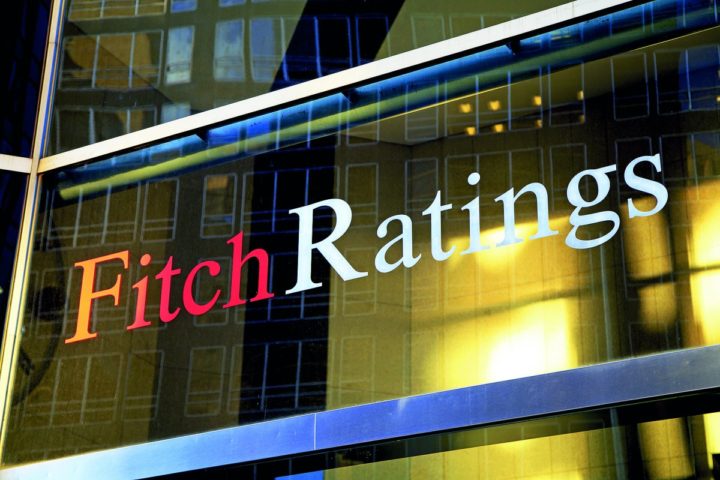Fitch Ratings said the credit profiles of Greek and Cypriot banks have significantly improved over the past year due to de-risking and restructuring.
The rating agency has taken positive rating actions on all Greek and Cypriot banks in the last twelve months, reflecting improved profitability and the resilience of the Greek and Cypriot economies in 2023.
Further positive rating actions will depend on structural profitability gains, leading to stronger capitalisation and ongoing improvements in asset quality.
One key factor contributing to their improved credit profiles is the significant reduction in non-performing exposures (NPEs) since 2020.
Fitch expects NPEs to decrease further, driven by the recent deconsolidation of a large NPE portfolio by Hellenic Bank and upcoming NPE transactions from Alpha Bank and Piraeus Bank.
Some banks, it is added, may utilise their stronger profitability to write off more NPEs or increase NPE coverage.
“Despite rising inflation and interest rates putting pressure on borrowers, the banks have maintained resilient asset quality.”
Fitch expects NPE formation in Greece to increase in the second half of 2023 as the economy slows.
However, the interest rate cap on performing domestic retail mortgages, effective for 12 months starting in May 2023, will temporarily alleviate pressure on borrowers.
Cypriot banks are expected to maintain stable asset quality in the second half of 2023, supported by Cyprus’s positive economic outlook and improved control over NPE inflows.
Fitch also anticipates that higher interest rates and cost-cutting initiatives will boost average operating profitability/risk-weighted assets to over 2% for Greek banks.
And over 3.5% for Cypriot banks in 2023 and 2024, despite the potential for higher pass-through rates for deposits and customers shifting to more expensive term deposits.
Liquidity remained unaffected by the market turmoil in the first quarter of 2023.
“Expiration of the European Central Bank’s favourable funding facilities should not impact their liquidity, given the banks’ ample cash reserves and securities investments.”









